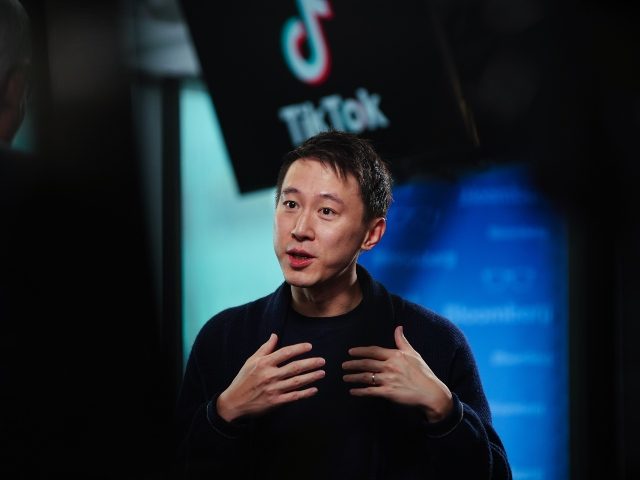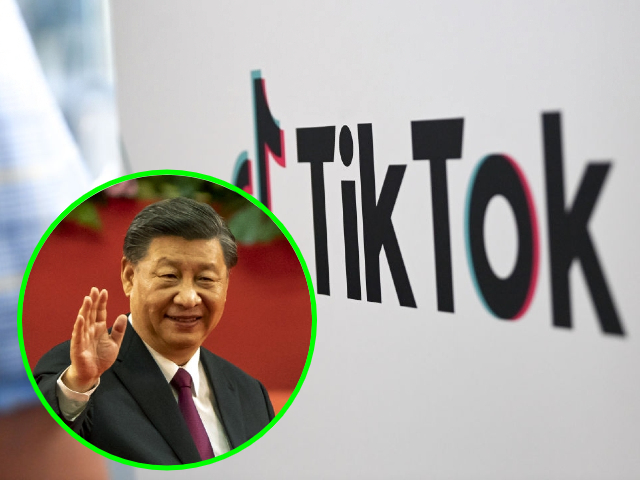An inquiry into TikTok’s Chinese parent company ByteDance found that employees of the company obtained the private user data of two U.S. journalists. The startling admission is part of larger revelations on how the Chinese company spies on Americans.
On Thursday, ByteDance admitted that its employees had obtained data on a number of U.S. TikTok users, two of whom are reporters, according to a report by the New York Times.
ByteDance staffers on a team reportedly tasked with monitoring employee conduct obtained access to the IP addresses and other data of two U.S. journalists — as well as some people connected to the reporters via their TikTok accounts — in an attempt to figure out who at the Chinese company had been leaking information to journalists.
The ByteDance employees who gained access to the IP addresses and other data were trying to find out if those individuals were in the same physical proximity of ByteDance employees, the company said.
The investigation into ByteDance, which was conducted by an outside law firm, had started after it was revealed in October — via documents obtained by Forbes — that the Chinese company had planned to use TikTok to monitor the physical location of specific American citizens.
One ByteDance employee on the monitoring team has since resigned, and another three employees were fired. Two of the employees were based in China, and the other two were in the United States, New York Times reported.
The journalists targeted by employees of the company owned by a hostile foreign country wrote for BuzzFeed and Financial Times, ByteDance said, but refused to disclose the identity of the reporters.
ByteDance’s General Counsel Erich Andersen and Chief Executive Rubo Liang revealed the findings of the investigation in an email to employees on Thursday.
“I was deeply disappointed when I was notified of the situation — and I’m sure you feel the same,” Liang wrote. “The public trust that we have spent huge efforts building is going to be significantly undermined by the misconduct of a few individuals.”
How much “public trust” ByteDance enjoys, however, is questionable, given that its TikTok app is considered by many to be nothing more than Chinese spyware thinly veiled as a social media platform — predominately popular among the youngest generations old enough to use electronic devices, who clearly don’t know any better.
TikTok — which has proven itself to be dangerous for U.S. teens, meddling in U.S. elections, and a national security threat — has already been banned from government-issued devices in more than a dozen states, with government agencies in general, such as the U.S. military and TSA, also banning its employees from having the app on their devices.
Meanwhile, the U.S. government and TikTok are undergoing negotiations, which have been delayed due to national security concerns involving ByteDance and its access to the private user data of Americans.
You can follow Alana Mastrangelo on Facebook and Twitter at @ARmastrangelo, and on Instagram.


COMMENTS
Please let us know if you're having issues with commenting.